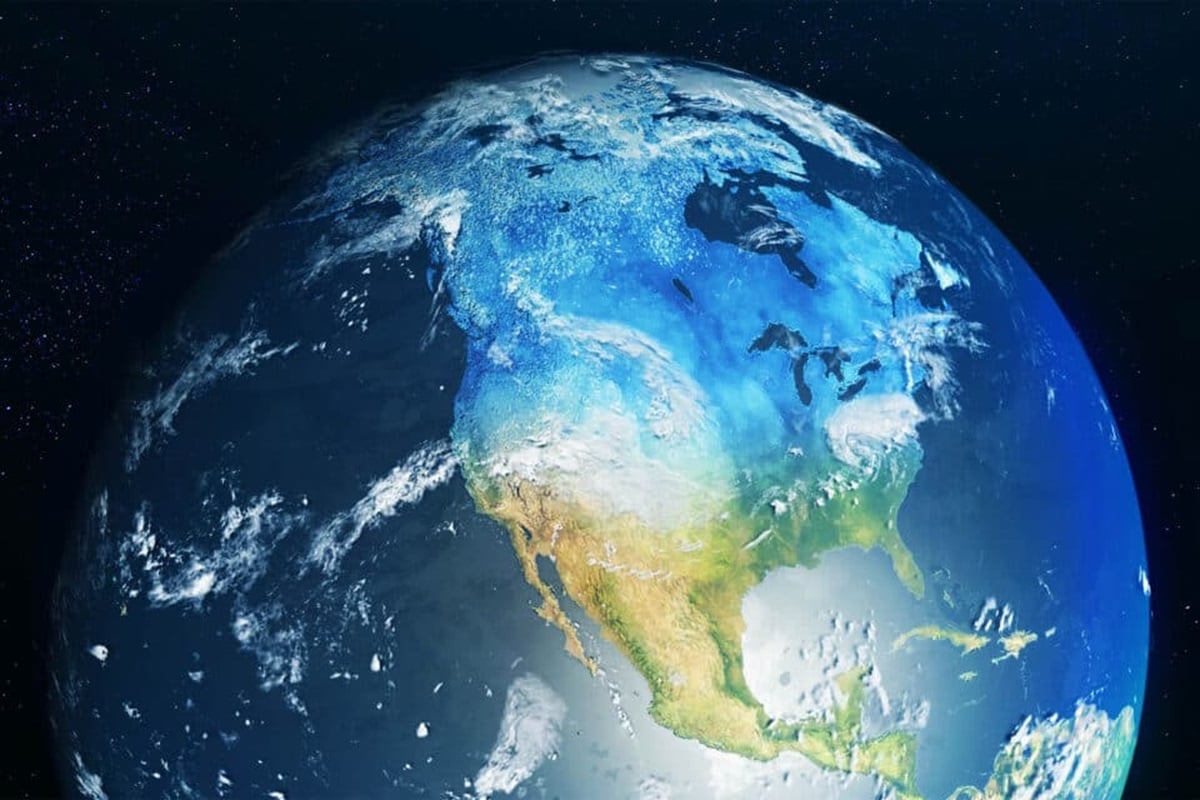As concerns about climate change intensify, scientists delve into Earth’s past to glean invaluable insights into the future. Recent groundbreaking research led by Niels de Winter from Vrije Universiteit Amsterdam offers a captivating glimpse into the ancient climate of the Pliocene epoch, shedding light on how seasonal temperatures may evolve as our planet continues to warm.

Unlocking Earth’s Ancient Secrets: Fossil Shells Speak of a Warmer Pliocene Climate
In a quest to unravel the mysteries of our planet’s past, researchers turn to fossilized shells as windows into ancient climates. Through meticulous analysis of mollusk shells dating back millions of years, scientists unveil a tale of a warmer, more stable climate during the Pliocene epoch, offering tantalizing clues about Earth’s seasonal temperature dynamics.
The Pliocene Perspective: How Earth’s Ancient Climate Foretells Seasonal Temperature Trends
Embarking on a journey through time, scientists peer into Earth’s distant past to understand the nuances of seasonal temperature fluctuations. By examining fossil shells from the Pliocene era, researchers reveal a striking pattern: summers warming faster than winters. This revelation holds profound implications for our understanding of climate change and its impact on future seasons.
Clues from the Deep: Innovations in Climate Research Illuminate Ancient Temperature Shifts
In a feat of scientific ingenuity, researchers harness cutting-edge techniques to unlock the secrets hidden within fossilized shells. Through the groundbreaking method of clumped isotope analysis, scientists gain unprecedented insights into past climate dynamics, unveiling a stark contrast in temperature trends between ancient summers and winters.
Facing the Future: Lessons from Earth’s Past Offer Guidance on Climate Adaptation
As the specter of climate change looms large, scientists and policymakers alike grapple with the urgent need for action. By drawing lessons from Earth’s ancient past, we confront the reality of a warming world where summers outpace winters in temperature rise. Armed with this knowledge, we stand poised to forge a path towards a more sustainable future for generations to come.
Leave a Reply